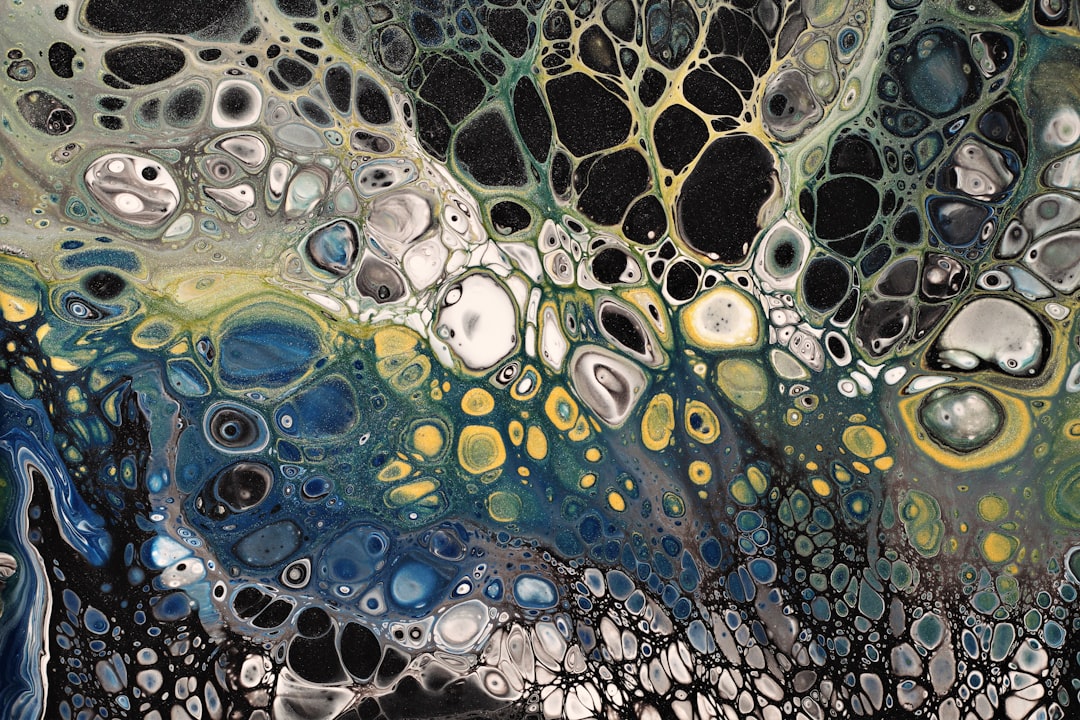What is it about?
In this article, I analyse how the work of transfeminist artistic collective Quimera Rosa formulates new understandings of gender and sexuality through an ecological lens. In the work Trans*Plant, indeed, the collective works towards processes of ‘becoming plant’ by establishing erotic intimacies with the nonhuman. In the article, I analyse the anti-capitalist and post-human aspects of these relationships.
Featured Image

Photo by Louis Reed on Unsplash
Why is it important?
The article attempts to understand and create new notions of gender, sex and sexuality through human-nonhuman relationships.
Perspectives
I have experienced the artistic work of Quimera Rosa first-hand. Their practice formulates alliances between humans and plants through lab-based work and speculative scenarios.
Giulia Casalini
University of Roehampton
Read the Original
This page is a summary of: Creating sex/gender ecologies: Quimera Rosa’s Trans*Plant, Technoetic Arts, October 2020, Intellect,
DOI: 10.1386/tear_00037_1.
You can read the full text:
Contributors
The following have contributed to this page










